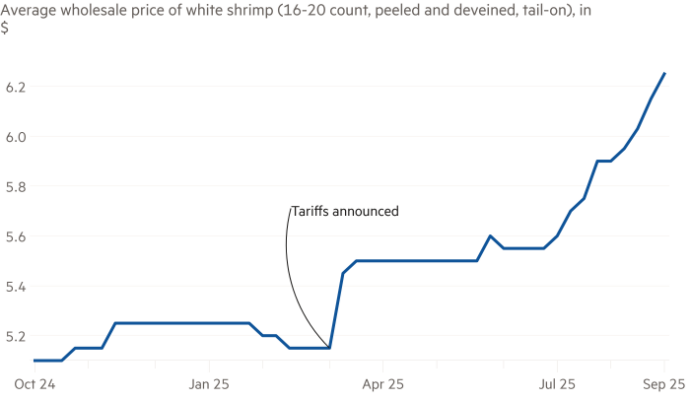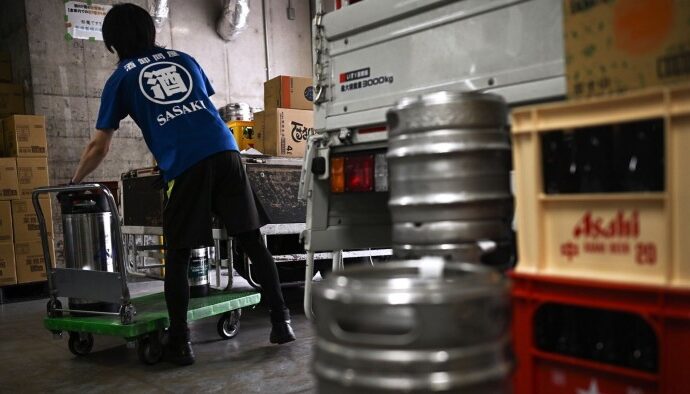Unlock the Editor’s Digest for free
Roula Khalaf, Editor of the FT, selects her favourite stories in this weekly newsletter.
Former UK defence secretary Grant Shapps said he did not believe the super-injunction banning disclosure of a huge data leak that endangered thousands of Afghan nationals should have lasted as long as it did, in an apparent attempt to pass the buck to the Labour government.
“I don’t think it should have carried on as long as it has, I’m surprised that it has — those questions are for others,” Shapps told the BBC on Friday, following the revelation of the accidental leak this week. “When I came in, the problem was there, I dealt with it, and as a result I think we saved lives.”
The names, contact information and other personal details of about 25,000 Afghans, people who worked closely with the UK before the Taliban seized power and some of their family members, were accidentally disclosed by a British soldier in emails in February 2022.
The leak of the vast, highly sensitive database was not discovered until August 2023 when it was mentioned in a Facebook group. About 100,000 people were put at risk, the government estimated, when wider family members were included.
The Conservative government set up a secret multibillion-pound scheme to relocate thousands of the Afghans who had been put at risk to Britain.
Shapps became defence secretary in late August 2023 — his predecessor Ben Wallace had applied for an injunction to block disclosure of the leak shortly before stepping down. The High Court imposed a super-injunction on September 1 that year, when Shapps was in post.
Shapps later went to the Court of Appeal to ensure the super-injunction remained in place after a judge sought to lift it in May 2024, shortly before the July general election that the Tories lost to Labour. The order remained in place until this week.
“It’s been in place a lot longer under the current government than it was under us and I’m surprised it’s lasted quite so long,” he said, adding that “my expectation was that as the risks started to lessen . . . that it was going to come to [an] end last summer, or the autumn”.
Shapps defended his decision to maintain the super-injunction and to disclose the information only to a very small number of authorised individuals.
“I think the public understands that there are times where you simply have to act in the most maximalist way to stop people being murdered and executed,” he said, adding: “I would do the same thing all over again, I would walk over hot coals to protect those lives.”


